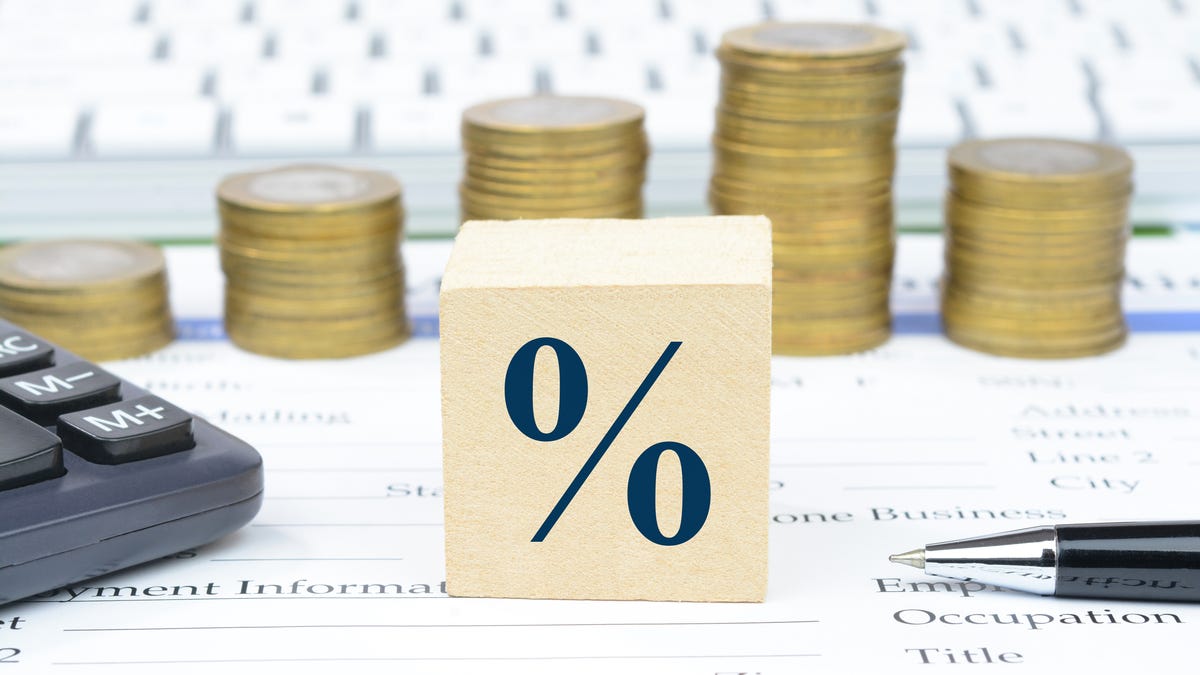Looking to refinance your mortgage? Now is the time for action
Experts foresee interest rate rise now that the Fed has confirmed a bond taper is commencing.

Though mortgage and refinance rates remain historically low, experts are increasingly vocal about the possibility of that changing soon. Over the past two years or so, multiple factors -- including skyrocketing home values, COVID-19 migration and low interest rates -- have combined to create a nearly ideal environment for homeowners looking to refinance, as mortgage rates dipped below 2% for the first time ever.
Though rates have rebounded a little bit since then, they remain remarkably, historically low. But that may soon change, according to a chorus of economists, real estate experts and mortgage sellers. "If you're thinking about refinancing, do it now," said Kimber White, past media president of the National Association of Mortgage Brokers.
As the Federal Reserve begins reducing some stimulus programs and the US Treasury continues to flirt with the debt ceiling, a variety of economic trends are converging to rattle the market. The bottom line: If your mortgage rate is 3.5% or higher, this remains a very good time to lock in an all-time low refinance rate.
"Our forecast is for rates to increase gradually over the next year, and we can expect an overall slowing in refinance activity as a result," said Joel Kan, economic and industry forecaster at the Mortgage Bankers Association. The MBA is forecasting that by the end of 2022, the 30-year fixed-rate mortgage will increase to 4%.
No one knows for sure what will happen. But here's an overview of some of the factors that could drive mortgage interest rates higher -- and why right now is a good time to move forward with refinancing.
The Fed begins tapering in November
To counter the economic fallout of the COVID-19 pandemic, the Fed cut interest rates and accelerated its purchasing of government-backed bonds. Since then, the Fed has been buying $40 billion of mortgage-backed bonds each month.
But the Fed announced it will begin to taper its investment in mortgage-backed securities this month, which could push mortgage interest rates up from their historic lows. The tapering process will continue each month by $15 billion ($5 billion from mortgage-backed securities), wrapping up by mid-2022 if all goes as planned.
"When the Fed starts tapering it off, that's most likely going to cause interest rates to go up unless there's suddenly a big push from the secondary market -- Wall Street, basically -- to buy mortgage-backed securities at these low interest rates," says Brendan McKay, president of broker advocacy at the Association of Independent Mortgage Experts.
Inflation drives prices higher
In September, the Consumer Price Index for US goods and services was 5.3% higher than a year earlier -- its sharpest increase since the US housing market crash in 2008. In his July testimony before the House Financial Services Committee, Jerome Powell, chairman of the Board of Governors of the Federal Reserve System, acknowledged that inflation has risen to unexpectedly high levels, but reassured lawmakers that the Fed is monitoring the situation "night and day." Though he reiterated that interest rate increases weren't on the table at that point, that could change. In October, the International Monetary Fund revised its growth forecast for the US economy, citing inflation as a factor.
In November, Powell acknowledged that inflation remains well above the Fed's 2% goal, and so the Fed will continue to keep interest rates close to 0%, but is expected to increase interest rates around the end of 2022 or early 2023, according to Powell's speech at the Fed's September meeting.
However, Powell made clear in November that the Fed will not use the price stability tools at its disposal just yet.
Congress continues to flirt with the debt ceiling
Another wild card is the debt ceiling. Though Congress extended the Treasury's capacity to pay its bills through early December, there is widespread concern in the market about the potential for the US Treasury to default on its financial obligations later this year. We don't know exactly what will happen if the US defaults -- it would be an unprecedented event -- but it would almost certainly drive interest rates higher.
"If they don't lift the debt ceiling, that's going to crash the stock market and everything else," White said. "That definitely can affect the mortgage rates and our housing market."
McKay agrees. "If things are bad for the economy, the stock market goes down," he explains. "This causes people to move their money from the market to bonds, bond prices go up and interest rates go down. But if it's also a government problem -- that probably would cause bonds to go down as well as stocks, causing interest rates to go up."
Where mortgage interest rates are headed
All of this is fueling speculation about mortgage interest rates. And though a climb would likely be slow and not always linear, experts expect an overall increase over the coming months. Waiting around too long in order to grab the lowest rate may cost you in the long run.
"If somebody waits to refinance and rates go up, the natural human inclination is to chase the lower rates -- it's the gambler's fallacy and everyone's prone to it," McKay said.
If you haven't refinanced your mortgage because you don't know how to do it, there are plenty of resources out there to help you through it.
"If refinancing makes financial sense for somebody, yes, they should do it today, they should do it tomorrow, they should do it immediately," McKay said. "Not because I think rates are going to go up or down, but because it makes financial sense."

